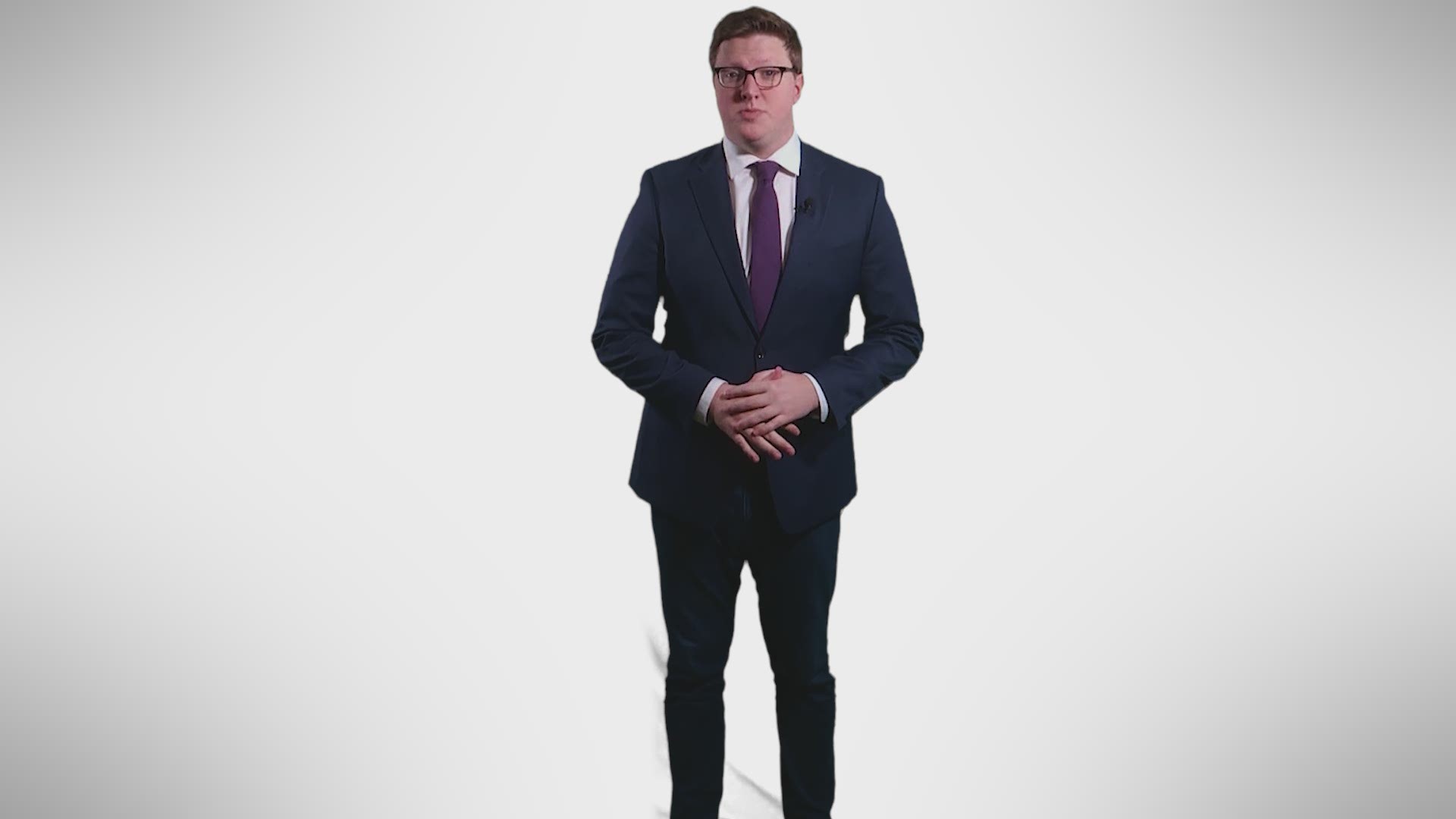UPDATE: On Friday, June 4, Facebook announced former President Donald Trump's accounts will be suspended for two years, effective from the date of the initial suspension on Jan. 7, 2021.
The social media platform also said they are "enforcing new protocols to be applied in exceptional cases such as this, and we are confirming the time-bound penalty consistent with those protocols which we are applying to Mr. Trump’s accounts. Given the gravity of the circumstances that led to Mr. Trump’s suspension, we believe his actions constituted a severe violation of our rules which merit the highest penalty available under the new enforcement protocols.
-----------------------------------------------------------------------------------
PREVIOUS UPDATE: The Oversight Board decided on May 5, 2021, to uphold Facebook's Jan. 7 decision to restrict former President Donald Trump's access to posting content on his Facebook and Instagram accounts.
The Board said in a statement "it was not appropriate for Facebook to impose the indeterminate and standardless penalty of indefinite suspension." They are now asking Facebook to review the matter within six months of their decision in an effort "to determine and justify a proportionate response that is consistent with the rules that are applied to other users of its platform."
Original report published on January 9, 2021:
Twitter banned President Donald Trump’s @realdonaldtrump and @Potus45 accounts on Friday, and also began removing his tweets from the official government accounts @POTUS and @WhiteHouse. Facebook and Instagram have banned him through the presidential transition.
THE QUESTION
Do social media companies violate the First Amendment when they ban or block someone from their platforms?
THE ANSWER
No. Because they are private companies, Twitter, Facebook and other social media can limit speech on their platforms.
WHAT WE FOUND
Social media users who complain that their First Amendment rights have been violated when their posts are removed or their accounts banned have little recourse, experts say.
“The First Amendment says that government can’t limit our speech. It doesn’t say private companies can’t limit our speech,” the Free Speech Center of Middle Tennessee State University says on its website.
A Congressional Research Service report from March 2019 says people who have posts removed or are banned face two roadblocks. For one, courts have ruled that the First Amendment, which addresses government actions, does not apply to private companies. Second, under Section 230 of the Communications Decency Act, companies can restrict access to objectionable material.
Jay Bender, attorney for the South Carolina Broadcasters Association and a retired law professor, says that had the government instructed Twitter to drop Trump’s accounts, “that would have been a violation of Trump’s First Amendment rights.” But Twitter, as a private entity not related to the government, “can accept or reject speech as it sees fit.”
In May, chafing at social media restrictions on himself and his supporters, Trump issued an executive order on “Preventing Online Censorship.” But Bender said, “It’s very clear that the president has no authority to override the Constitution.” The order called for a review and creation of a task force, “but it does not, and cannot, direct social media platforms to carry speech the platforms choose not to carry,” Bender said.
“After close review of recent tweets from the @realDonaldTrump account and the context around them — specifically how they are being received and interpreted on and off Twitter — we have permanently suspended the account due to the risk of further incitement of violence,” Twitter said on Friday.
On Thursday, Facebook CEO Mark Zuckerberg said Trump was banned because “the risks of allowing the president to continue to use our service during this period are simply too great.” The block on Trump’s Facebook and Instagram accounts will last “indefinitely” and be until “the peaceful transition of power is complete.”
And a strict reading of the First Amendment’s text supports the interpretation by legal experts, the courts, and the social media companies themselves.
“Congress shall make no law respecting an establishment of religion, or prohibiting the free exercise thereof; or abridging the freedom of speech, or of the press; or the right of the people peaceably to assemble, and to petition the Government for a redress of grievances.”
There’s no mention of private companies, just Congress.
Something you’d like VERIFIED? Click here to submit your story.

